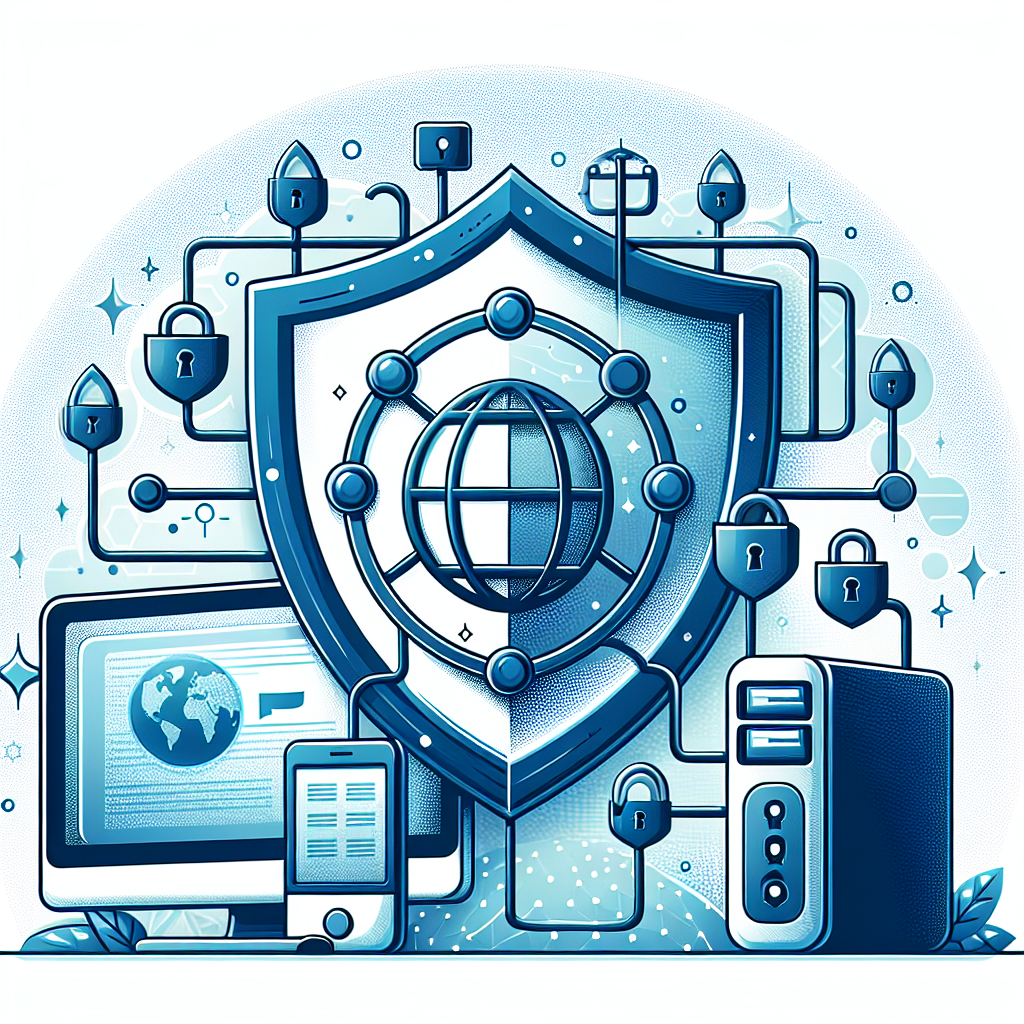
Introduction to VPNs
The internet has become an integral part of our lives, but with it comes the necessity to protect our online privacy and security. One of the most effective tools for achieving this is a Virtual Private Network (VPN). But what exactly is a VPN, and how does it protect your online activities?
What is a VPN?
A VPN, or Virtual Private Network, is a service that allows you to connect to the internet through a secure, encrypted tunnel. It masks your IP address, making your online actions virtually untraceable. This encrypted connection helps protect your data from hackers, advertisers, and even your internet service provider (ISP).
How Does a VPN Work?
When you connect to a VPN service, it routes your internet traffic through one of its servers. Here’s how the process works:
- Connection to the VPN: You start by connecting to the internet through your usual ISP. From there, you log into the VPN service.
- Data Encryption: Once connected, the VPN encrypts your data, turning it into a secure code. This encryption ensures that your data is unreadable to anyone who might intercept it.
- Server Routing: Your encrypted data is then sent through a secure server operated by the VPN service. This server is usually located in a different country, making it difficult to trace your original location.
- Accessing the Web: Finally, you access the internet through the VPN server. To external websites, it appears as though you are browsing from the location of the VPN server, not your actual location.
Why Use a VPN?
There are several reasons to use a VPN:
- Privacy: A VPN hides your IP address, making your online activities anonymous. This is crucial if you want to keep your browsing habits private.
- Security: By encrypting your data, a VPN protects you from hackers and cybercriminals, especially when using public Wi-Fi networks.
- Geo-Restrictions: Many streaming services and websites are restricted based on your geographic location. A VPN allows you to bypass these restrictions by simulating access from a different country.
- Access to Censored Content: In countries with restricted internet access, like China or Iran, a VPN can help you access censored websites and social media.
Choosing the Right VPN
Not all VPNs are created equal. When selecting a VPN service, consider the following factors:
- Security Features: Opt for a VPN with strong encryption standards and additional security features, such as a kill switch.
- Server Locations: Choose a VPN with a wide range of server locations to ensure a more reliable connection.
- Speed: Some VPNs can slow down your internet. Look for one that offers high-speed connections.
- Logging Policy: Read the VPN’s privacy policy to ensure they do not log your browsing activities.
Conclusion
A VPN is an invaluable tool for anyone who values their online privacy and security. By encrypting your data and masking your IP address, it provides a secure and anonymous browsing experience. However, it’s crucial to choose a reputable VPN provider to ensure you get the best protection possible.
Leave a Reply